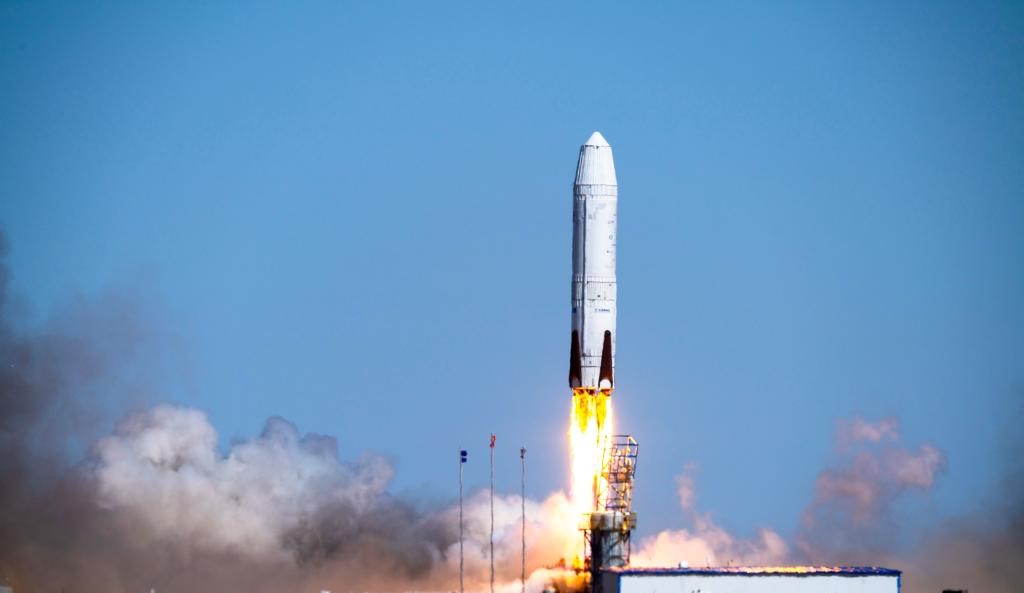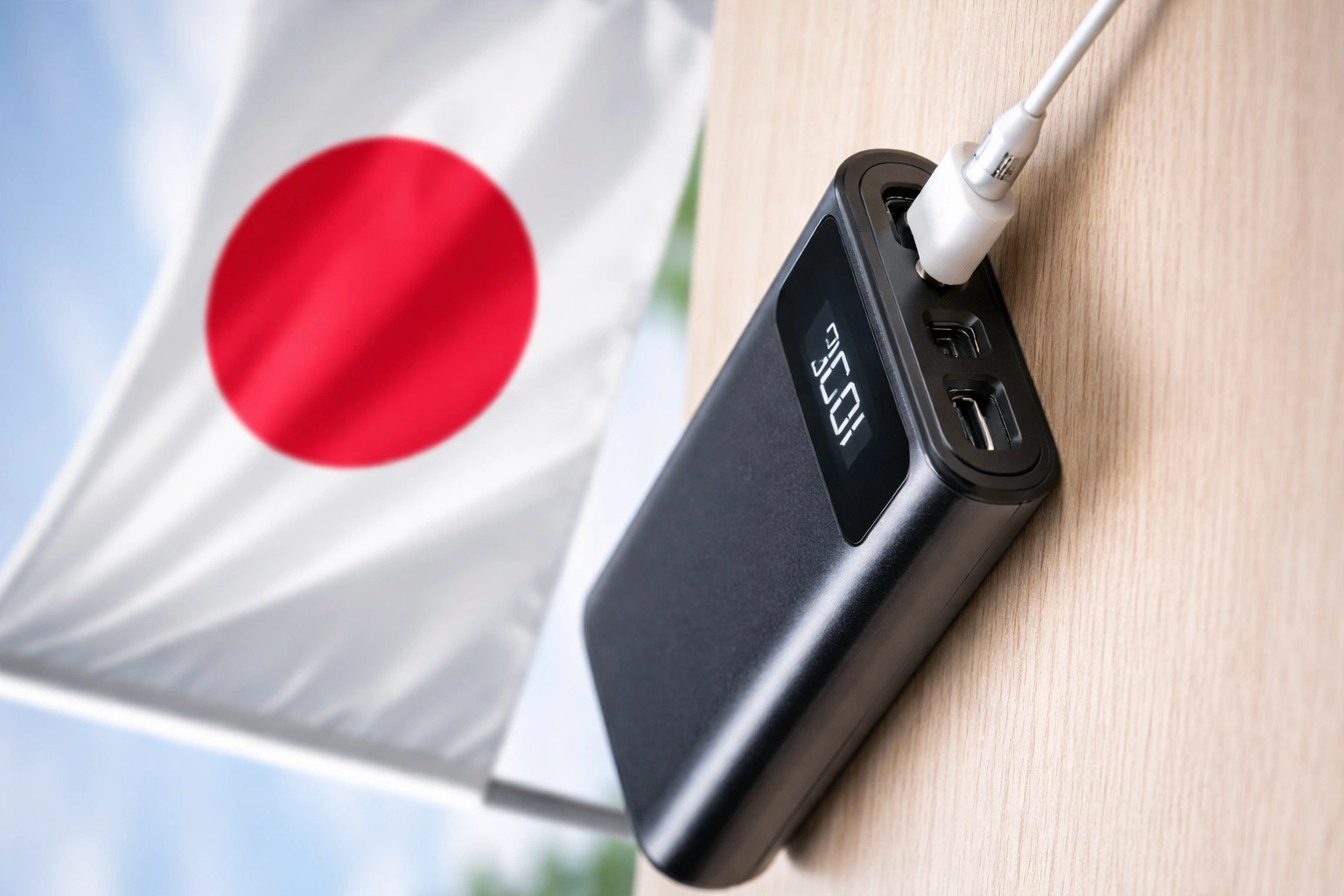Beijing, September 26, 2024, The Europe Today: Chinese rocket startup Deep Blue Aerospace has announced plans for a new high-altitude vertical recovery mission in November, following the partial failure of its reusable rocket, Nebula-1, during a recent test flight.
Nebula-1, the company’s first reusable rocket, completed 10 of 11 key tasks during the test, but an issue in the final landing phase resulted in damage to the rocket body. The anomaly occurred due to a problem with the engine’s thrust control servo, causing the rocket to exceed its landing height design parameters.
Despite the setback, Deep Blue executives remain optimistic. Zhao Ya, the company’s executive president, said the test provided valuable data to improve the rocket’s performance and reliability. The test showed strong performance in takeoff, ascent, and descent phases, indicating success in the overall design of the rocket and its liquid oxygen/kerosene engine.
Deep Blue aims to verify remaining tasks with a five-kilometer high-altitude recovery test in November, and a 100-kilometer vertical recovery test in early 2025. The company’s long-term plans include Nebula-1’s first orbital and recovery mission in the first quarter of 2025.
Nebula-1, developed using 3D printing technology, is designed for satellite networking, space cargo, and scientific experiments. The application of reusable rocket technology is expected to significantly reduce space exploration costs, according to Deep Blue.
The setback has not deterred the company’s development. “High risks in space exploration require the ability to cope with failures,” Zhao emphasized, noting that overcoming such challenges will accelerate technology maturity and commercialization.
China’s commercial space sector has grown rapidly since 2014, with private spaceflight companies completing over 10 successful launches in 2023. Deep Blue’s competitors, like Zhuque-3, have also made strides, successfully completing a 10-kilometer vertical takeoff and landing flight test earlier this month.









